Heartworms, a parasitic menace, pose a significant threat to our feline friends. These foot-long worms reside in a cat's heart, lungs, and blood vessels, causing severe health issues. The impact is dire, leading to symptoms like coughing, lethargy, and even heart failure.
Prevention becomes paramount in safeguarding our beloved pets against this perilous condition. Heartworm prevention isn't just a matter of choice; it's a crucial aspect of feline healthcare. Proactive measures through vet-recommended heartwormer medications and regular check-ups are essential to ensure our cats lead healthy, vibrant lives, free from the devastating effects of heartworm disease.
Understanding Heartworm Disease in Cats
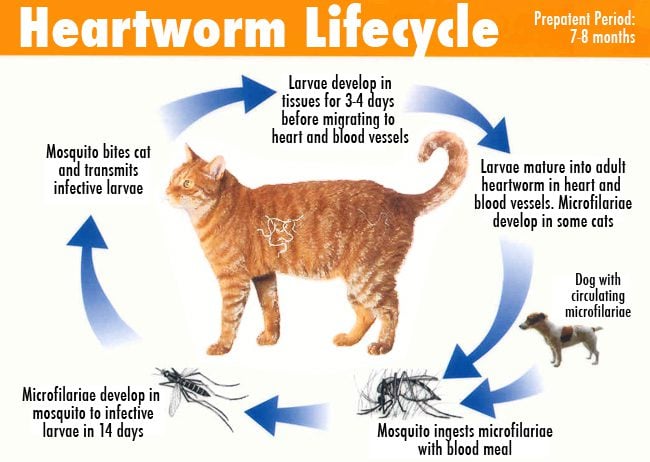
Image credit: westsideanimalhospital
Heartworm disease, often associated with dogs, is equally threatening to our feline companions. Cats contract heartworms through mosquito bites carrying infective larvae. Once bitten, these larvae mature and migrate through the cat's body, eventually settling in the heart, lungs, and blood vessels.
Unlike dogs, cats are atypical hosts for heartworms. Even a small number of heartworms can cause severe health complications in cats. Due to the cat's smaller size, the presence of even a few worms can lead to respiratory distress, sudden collapse, or even death.
Symptoms of heartworm disease in cats are often subtle and easily overlooked. Cats may display signs like coughing, vomiting, weight loss, and lethargy. However, in some cases, cats may show no symptoms at all until the disease reaches an advanced stage.
The elusive nature of heartworm symptoms in cats makes diagnosis challenging. Additionally, heartworm disease in cats doesn't have a specific treatment. Therefore, prevention is the key to safeguarding your feline friend's health.
Cats' unique immune responses contribute to the severity of the disease. While dogs mount an immune response that kills off some heartworms, cats' immune systems often result in a more violent reaction to the worms. This leads to severe inflammation and damage within the cat's body, exacerbating the already serious effects of heartworm disease.
Understanding these factors underscores the critical importance of preventative measures in feline heartworm management. Prevention not only saves cats from potential suffering but also alleviates the stress and financial burden associated with treating this life-threatening condition. Regular consultation with a veterinarian is essential to formulate an effective heartworm prevention plan tailored to your cat's needs, ensuring a happy and healthy life for your beloved pet.
Role of Heartwormers in Feline Health
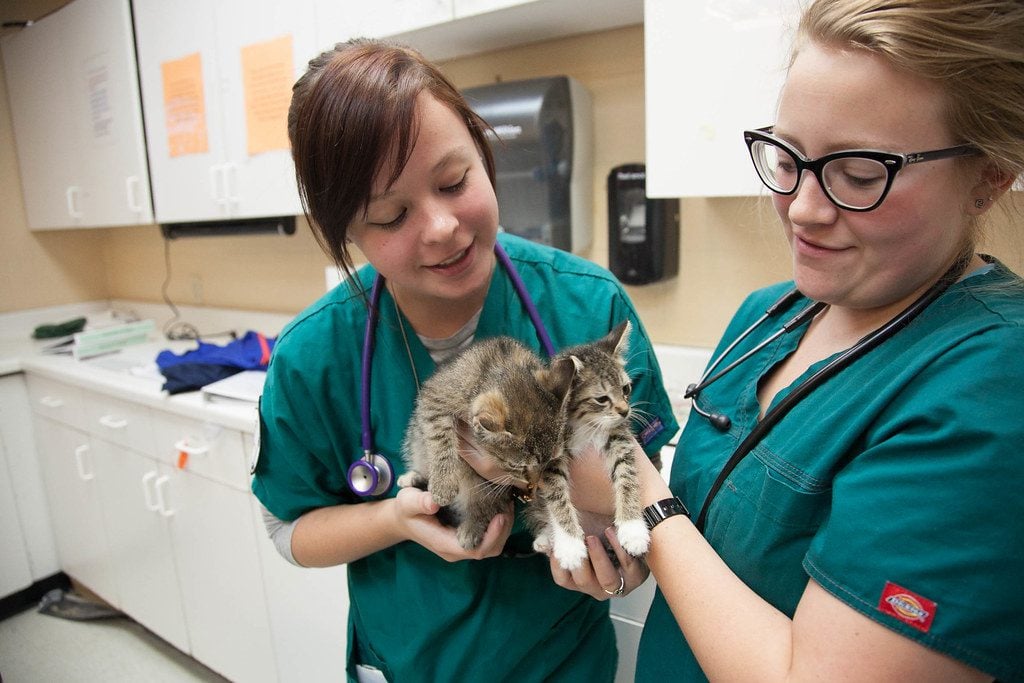
Heartwormers play a crucial role in maintaining the well-being of our feline companions by effectively preventing heartworm disease. These medications work by targeting heartworm larvae at different stages of development, thereby interrupting their life cycle and preventing them from maturing into adult worms in the cat's body.
There are various types of heartworm prevention medications available for cats, each with its unique mechanisms and administration methods. Some common options include topical treatments applied to the skin, oral medications in the form of tablets or chews, and injectable formulations prescribed by veterinarians. These medications contain active ingredients that either kill the immature larvae or prevent their development into adult heartworms.
Topical preventatives often contain compounds that disrupt the growth and development of heartworm larvae. These are typically applied monthly to the skin at the base of the cat's neck, where they are absorbed into the bloodstream, providing protection against heartworm infection.
Oral medications, commonly administered monthly, work systemically to eliminate heartworm larvae and prevent their maturation into adult worms. These medications may come in palatable chewable tablets or other forms that can be easily administered to cats.
Additionally, injectable heartworm preventatives, although less commonly used, offer extended protection by providing a longer-acting solution against heartworm disease. These are typically administered by a veterinarian every several months.
The choice of heartworm prevention medication depends on various factors such as the cat's health, lifestyle, and the prevalence of heartworms in the area. It's essential to consult a veterinarian to determine the most suitable and effective heartworm preventive regimen for your cat.
Consistency and adherence to the prescribed dosage schedule are crucial in ensuring the efficacy of these heartworm preventatives. By administering these medications as directed by the veterinarian, cat owners can significantly reduce the risk of heartworm infection and safeguard their feline companions' health and well-being.
Administering Heartwormers to Cats
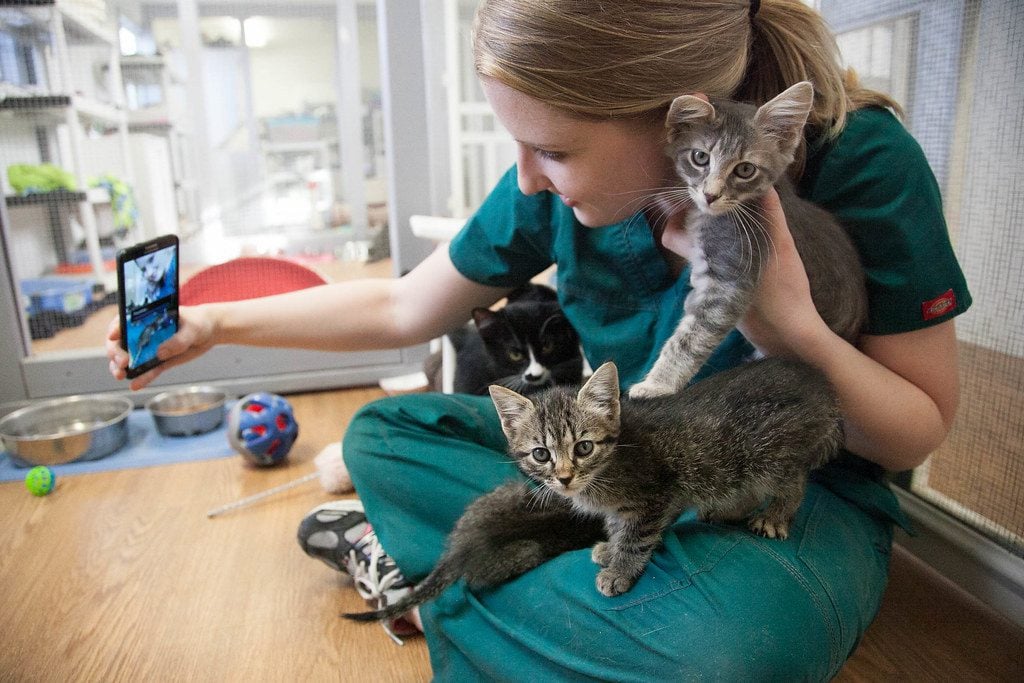
Administering heartwormers to cats requires a careful understanding of dosage guidelines and proper administration techniques to ensure their effectiveness while addressing common misconceptions or concerns associated with these medications.
Dosage for heartworm preventatives in cats is typically based on the cat's weight and occasionally its age. It's crucial to follow the veterinarian's recommendations precisely and administer the correct dosage. Some medications are weight-specific, while others might cater to different weight ranges, requiring accurate measurement to avoid under- or overdosing.
Administering these medications might vary based on the type prescribed. For instance, oral medications often require direct ingestion or mixing with food to ensure consumption, while topical treatments need proper application to the skin as directed.
Common misconceptions or concerns include fears about the safety of these preventatives. While some cat owners worry about adverse reactions, most heartworm preventatives for cats have been rigorously tested for safety. However, individual cats may react differently, so observing any unusual behavior or symptoms after administration is crucial.
Additionally, there might be misconceptions about the necessity of heartworm preventatives, especially in indoor-only cats. Despite reduced exposure, mosquitoes can still find their way indoors, making preventive measures essential for all cats, regardless of their lifestyle.
Understanding these dosage guidelines, proper administration techniques, and dispelling misconceptions can help cat owners confidently and safely administer heartworm preventatives. Regular discussions with veterinarians and adhering to recommended schedules ensure optimal protection against heartworm disease while maintaining the feline companion's overall health and well-being.
Choosing the Right Heartwormer for Your Cat
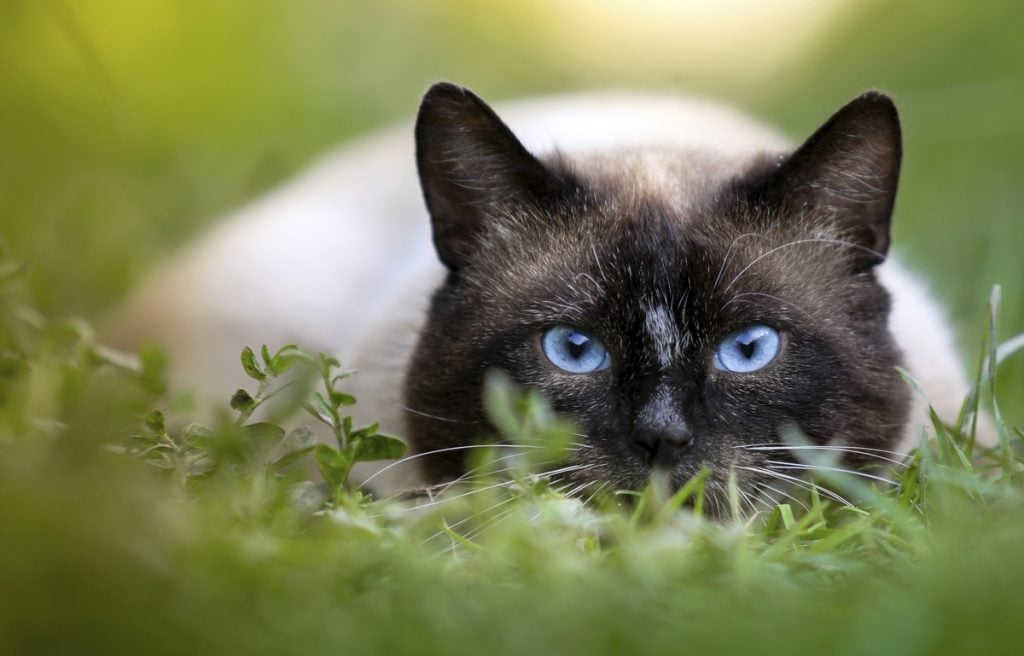
When choosing a heartworm prevention product for your cat, several crucial factors should guide your decision to ensure the most suitable and effective protection against heartworm disease.
Consider your cat's lifestyle and health status. Factors such as indoor or outdoor living, travel history, exposure to mosquitoes, and any existing health conditions should influence your choice. For instance, some preventatives offer additional protection against other parasites, making them more suitable for outdoor cats with higher exposure risks.
Consulting with a veterinarian is paramount. Vets are equipped to evaluate your cat's specific needs and recommend the most appropriate heartworm preventatives. They can consider your cat's age, weight, health history, and any ongoing medications when suggesting the best option.
Different cat breeds might have varying sensitivities or tolerances to certain medications. Some breeds might be more prone to adverse reactions or require specific formulations due to their physiology. Veterinarians can provide insights into breed-specific considerations when selecting heartworm preventatives.
Additionally, consider the ease of administration and compliance. Some cats may have preferences for certain forms of medication (such as chewable tablets versus topical treatments) or show resistance to particular flavors or textures. Choosing a preventative that your cat will readily accept and consume ensures proper administration and efficacy.
Ensuring the selected heartworm preventive aligns with your cat's needs, lifestyle, and health considerations while heeding veterinary recommendations can significantly enhance protection against heartworm disease. Regular discussions with your vet to assess any changes in your cat's circumstances or health status will help in maintaining an effective preventive regimen, ultimately contributing to your cat's long-term health and well-being.
Importance of Regular Vet Check-ups and Testing
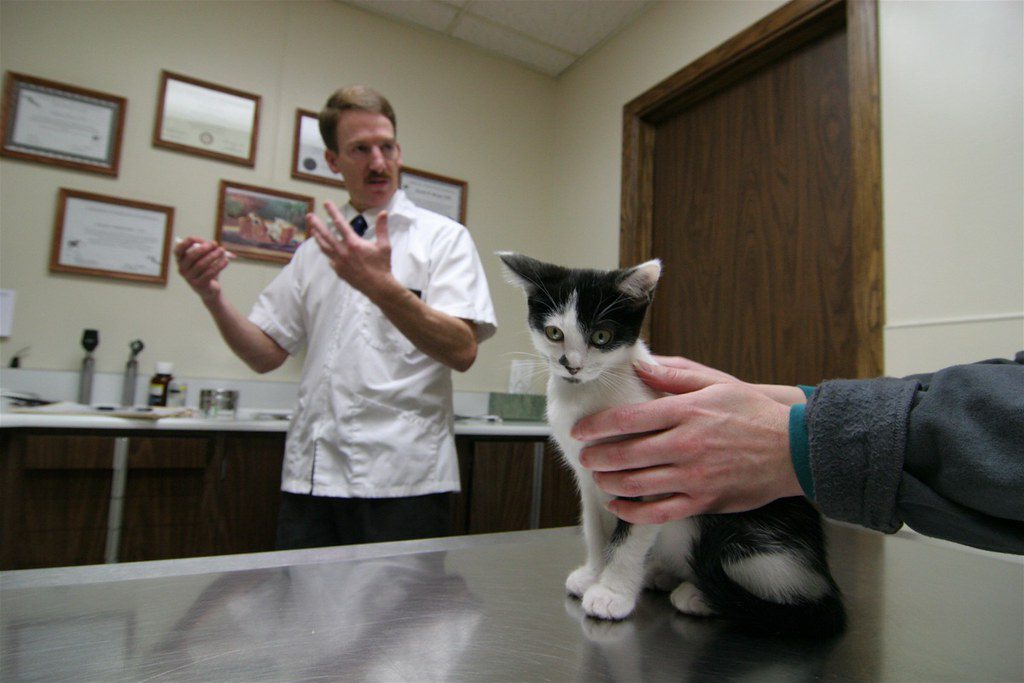
Regular veterinary check-ups and heartworm testing play pivotal roles in maintaining a cat's health and effectively managing heartworm disease.
Scheduled veterinary visits are crucial, allowing professionals to monitor the cat's overall health, assess potential risks, and recommend appropriate preventive measures. During these visits, vets can administer heartworm tests, enabling early detection of heartworm infection. Early detection is key as it allows for prompt intervention and prevents the disease from progressing to a severe stage, minimizing potential complications.
Heartworm testing helps identify infections in their early stages, even before symptoms manifest. With timely diagnosis, treatment options become more effective and less invasive. Furthermore, negative test results offer peace of mind, confirming that the preventive measures are working effectively.
Moreover, these routine visits facilitate discussions between cat owners and veterinarians about preventive care, including the selection and administration of heartworm preventatives tailored to the cat's specific needs. Regular testing and check-ups establish a proactive approach to feline healthcare, ensuring that cats receive appropriate care and necessary preventive measures to safeguard their well-being.
By emphasizing the importance of regular vet visits and heartworm testing for cats, pet owners can actively contribute to their furry companions' long and healthy lives, ensuring early detection and effective prevention of heartworm disease while addressing other potential health concerns under the guidance of veterinary professionals.




